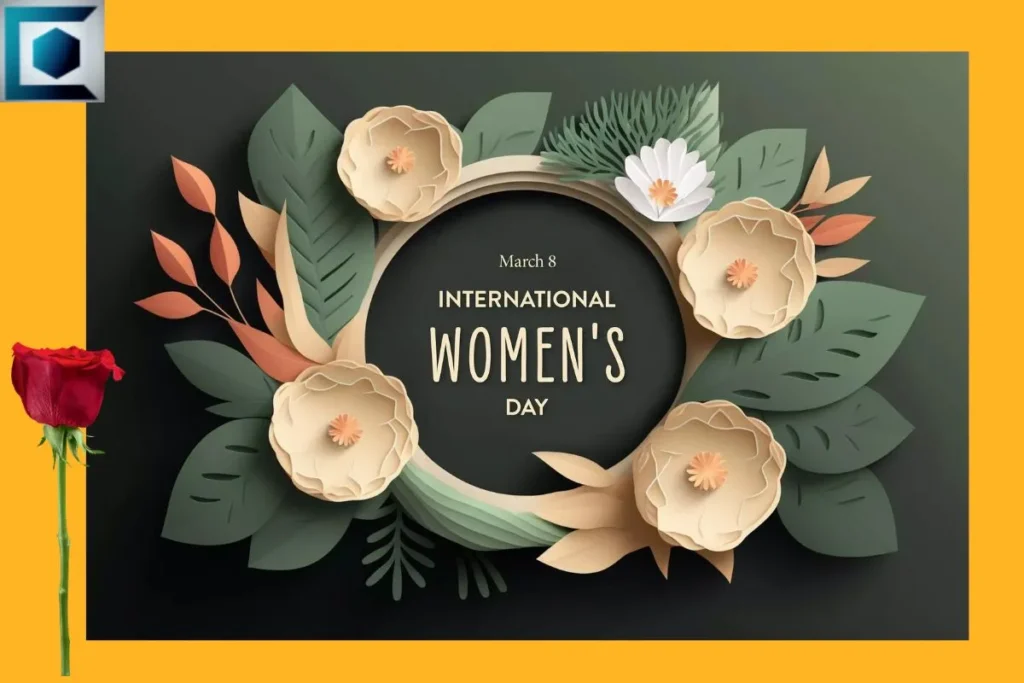Celebrating International Women's Day: Honouring Progress and Inspiring Change
Every year, on March 8th, people worldwide come together to celebrate International Women’s Day (IWD). This special day not only commemorates the outstanding achievements of women throughout history but also serves as a pivotal moment to address the persistent challenges faced by women and girls globally, advocating for a more just and equitable future.

Origins of International Women’s Day: The idea of a dedicated day for women’s rights emerged in the early 20th century, fuelled by the burgeoning women’s rights movements across the globe. While pinpointing the exact first celebration is challenging due to the decentralized nature of these movements, several key events mark the early beginnings of IWD:
- In 1909, the Socialist Party of America designated February 28th as National Woman’s Day to honour the 1908 garment workers’ strike in New York, highlighting women’s struggles for better working conditions.
- In 1911, inspired by the American socialists, Clara Zetkin and delegates at the International Socialist Women’s Conference proposed establishing an annual “Women’s Day” to promote equal rights and suffrage.
- The following year, the first large-scale international celebration of IWD took place, attracting over a million participants across Austria-Hungary, Denmark, Germany, and Switzerland.
Early Activism and Themes: The early roots of IWD are deeply embedded in the social and political movements of the early 20th century. The inaugural gathering in 1911 saw a united call for women’s suffrage and improved working conditions, reflecting the growing momentum of women’s rights movements worldwide.
Over time, the themes of IWD have evolved to encompass a broader spectrum of concerns, including gender equality, access to education and healthcare, economic empowerment, and combating violence and discrimination.
United Nations Recognition and Contemporary Significance: In 1975, the United Nations officially recognized IWD, underlining its global importance. Each year, the UN sets a specific theme to guide international discourse and action. The theme for 2024, “Invest in Women: Accelerate Progress,” underscores the critical role of investing in women’s education, skills development, and leadership for global advancement.
Impact and Challenges: IWD has made significant strides in raising awareness, mobilizing communities, and inspiring change. However, substantial challenges persist, including the gender pay gap, limited access to education and healthcare, and pervasive gender-based violence and discrimination.
Taking Action: International Women’s Day is not just a symbolic celebration but a call to action. Individuals and organizations can contribute to the on-going fight for gender equality by educating themselves and others, supporting women-led initiatives, challenging stereotypes, and speaking out against discrimination and violence.
International Women’s Day serves as a powerful reminder of our collective responsibility to create a world where all women and girls can thrive. While it’s formal observance is on March 8th, its essence lies in the continuous efforts towards achieving true gender equality and celebrating the remarkable achievements of women worldwide.